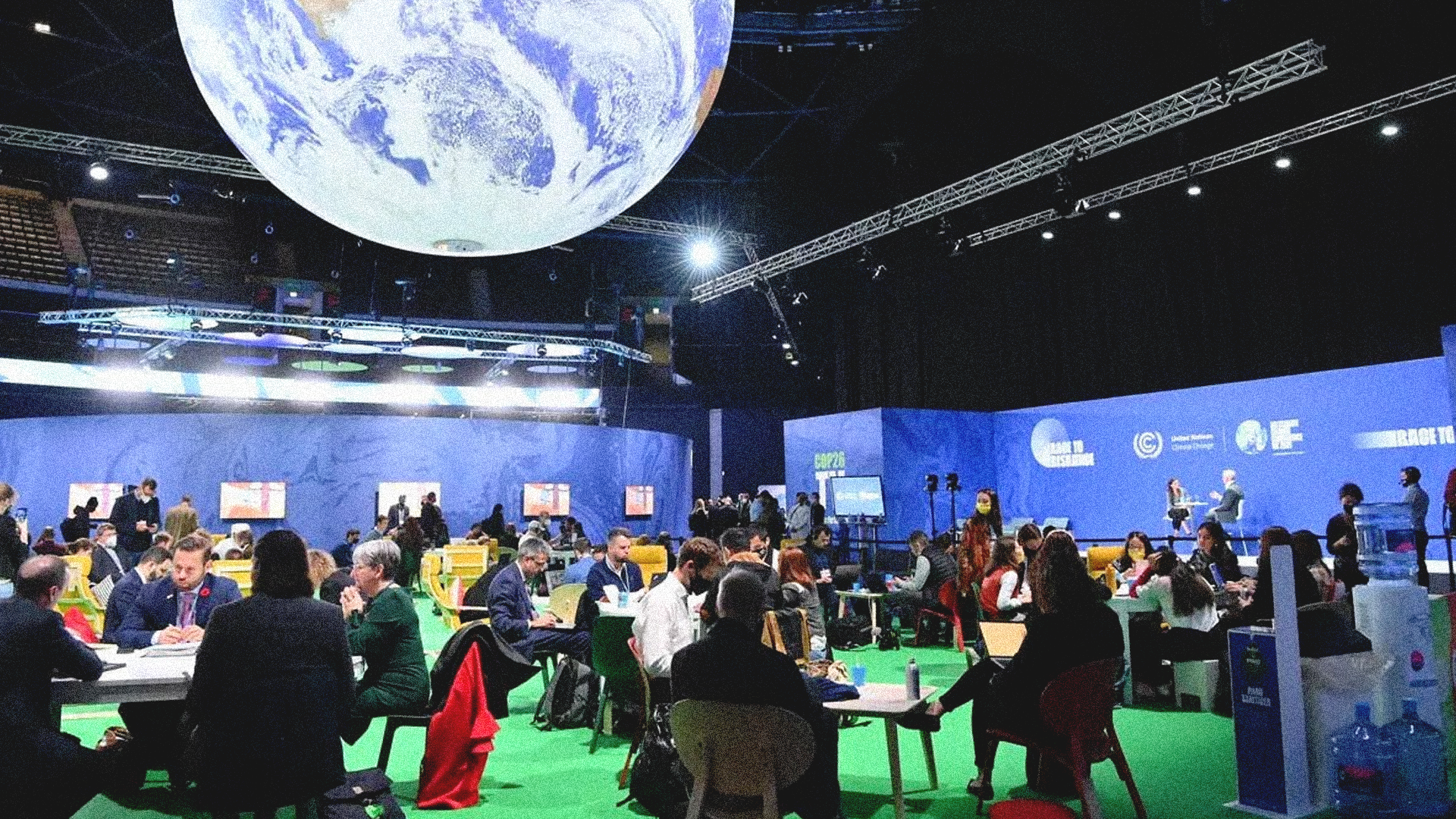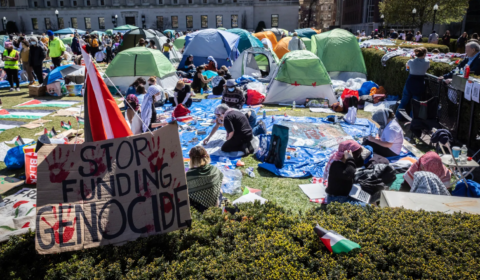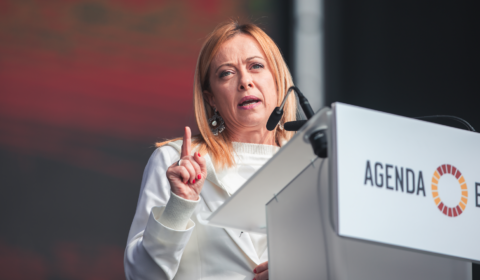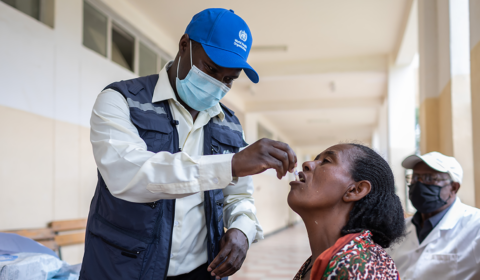Kenya hosts hundreds of youth climate activists from Africa for the second edition of Nairobi Summer School on Climate Justice, a platform headed by the Pan African Climate Justice Alliance (PACJA).
Young African climate change activists have been given an opportunity to voice their concerns ahead of Egypt’s COP27 in November.
Hundreds are currently gathering at Nairobi’s Kenyatta University for two weeks to voice their concerns.
The Nairobi Summer School on Climate Justice (NSSCJ) educates both passionate stakeholders and young climate activists by empowering them with more knowledge on climate change and providing practical skills to fight for climate justice on a global stage.
Africa still remains the most endangered continent according to reports by the World Meteorological Organisation (WMO), despite emitting the least greenhouse gases at 2-3%.
Climate change has disrupted normal rainfall patterns in most regions, affecting the continent’s biggest economy – agriculture.
During the opening ceremony, the Acting Executive Director of the Pan African Climate Justice
Alliance, Mr. Charles Mwangi said, “Our destiny is in our own hands. We must equip the youth to engage with their governments and demand effective and adequate policies that will cater for their low carbon future.”
The organisation is taking major steps in ensuring the climate justice conversations in the future are led by young activists who are well equipped with knowledge and the capacity to drive change.
For the two-week symposium, activists will engage with fellow established climate campaigners, researchers, experts, and academicians on sustainability goals and the importance of green initiatives.
More than 700 young activists will also be following online.




















